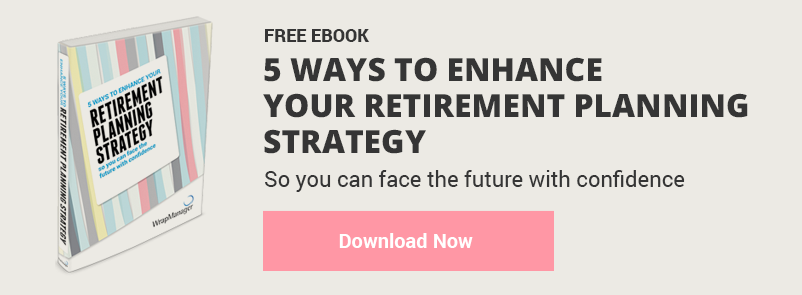One of an investor’s main goals in retirement is to have his or her income needs met for as long as they live. But sometimes folks forget to plan for how their spouses and families will have their income needs met as well. The central question to ask yourself, and it’s a difficult one, is: “If I pass away tomorrow, will my nest egg be able to support my family’s financial needs?”
Here are four steps investor’s should take to find out how prepared they are, and whether or not their nest egg is big enough to support their family’s needs.
1) Take an Inventory of All Valuable Assets
This can be a rather exhausting exercise, but it’s crucial to the planning process. You should have a full list of all of your assets (property, stocks, jewelry, anything with material value) as well as your debt (if any). You can use this list when creating an investment plan, to keep track of how much everything is worth over time. Make the list once, and then have your financial advisor ask you about it regularly to make sure it’s all there and accurately valued.
2) Establish Your and Your Spouses Retirement Income Needs
This is a discussion to have with your spouse while taking time to prepare a retirement budget. It is important when creating your retirement budget that you factor in conservative life expectancies, and also some emergency expenses. Once that is done, you can turn the conversation to how much you want to leave for your heirs.
3) Consider Including Insurance as Part of Your Retirement Plan
Life insurance is a good way to pass along assets (often times) tax-free to your spouse and your heirs. If you own life insurance, the death benefit could count as part of the assets that could provide for your family’s needs if you’re not there. A life insurance death benefit can also be used to pay taxes your family may incur at death, like estate taxes.
Long-term care insurance is another potential tool for your retirement plan. Long-term care insurance is often thought of as “asset insurance,” since you can use long-term care payouts to pay for some or all of your needed care, instead of having to tap your nest egg for medical expenses. There are also potential tax incentives associated with long-term care insurance, which can help.
4) Make Sure Your Beneficiaries are Up to Date and That You Have Formal Documents
Having your beneficiaries set up the way you want can help ensure your assets get passed to the right person or entity, which can help them avoid ending up in probate.
As for formal documents, it’s important to utilize a will or trusts—or both—to establish how assets are to be handled upon your death. This can ease the burden on your family and can often help avoid any sort of conflict.
Consult a Financial Advisor and Discuss Your Goals for Your Family
Steps #1 and #2 above can be handled at home, but once you’ve collected that information it’s a good idea to consult a financial advisor about analyzing it. You’ll want to find a financial advisor that can help you project your spending needs throughout retirement against the value of your assets. A financial advisor can also typically provide guidance on insurance needs. All of this information, considered together, should help you create an investment plan that includes your retirement income needs while also considering your family’s needs if you can’t be there to care for them.
If you’d like WrapManager’s help in making these preparations or would like to ask us questions about our investment plans, please do not hesitate to call us at 1-800-541-7774 or contact us here. You can also get started on your investment plan by answering a few short questions here.





